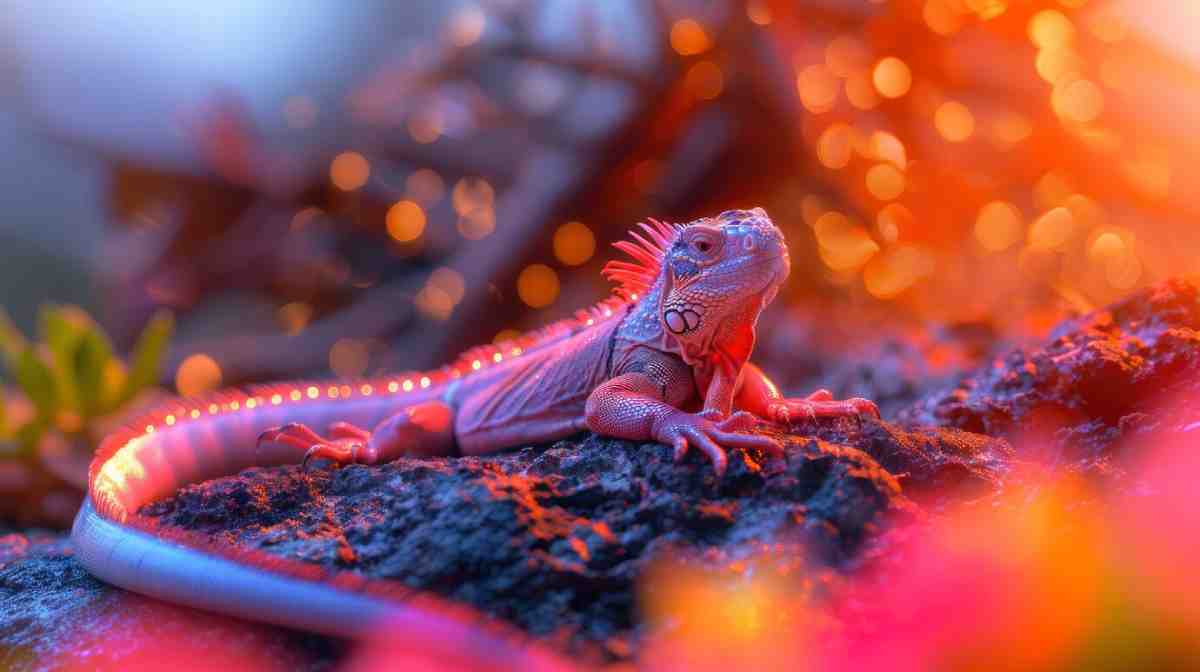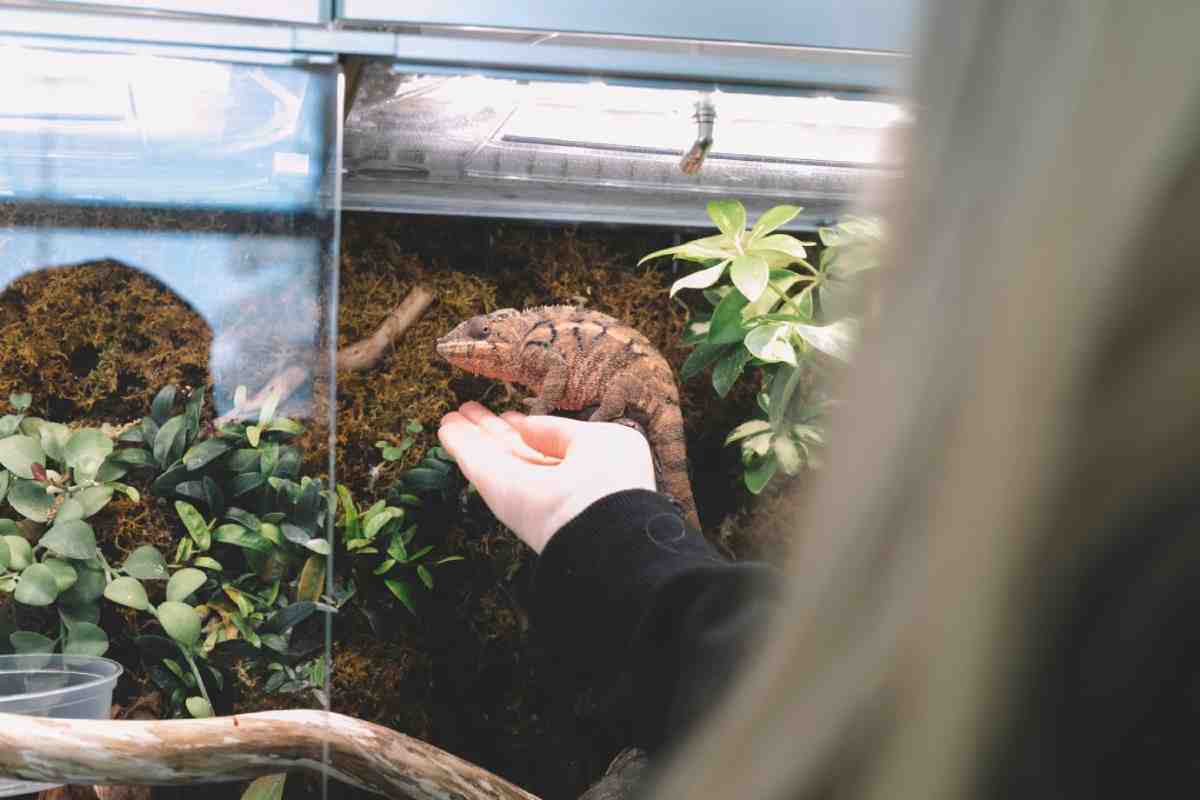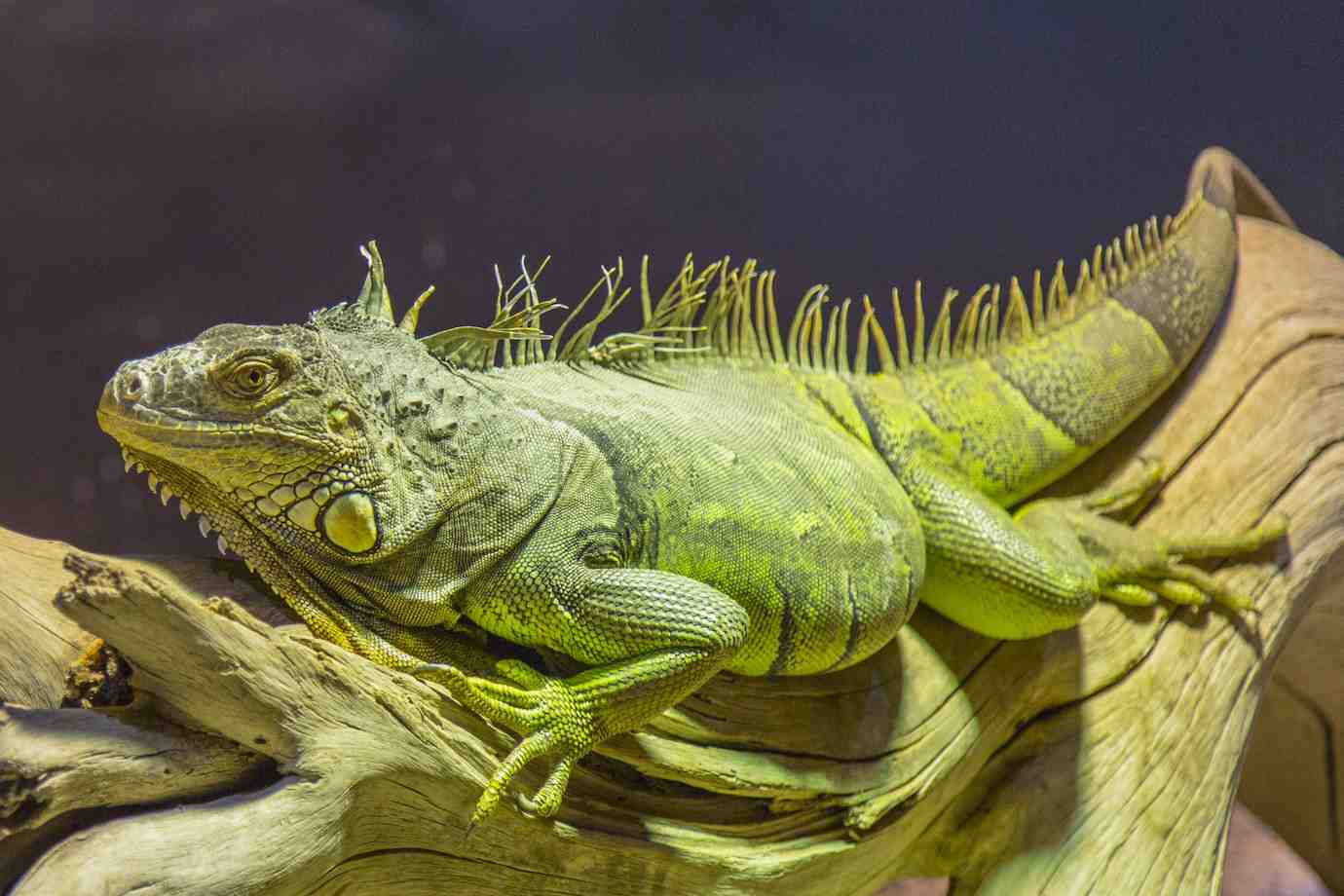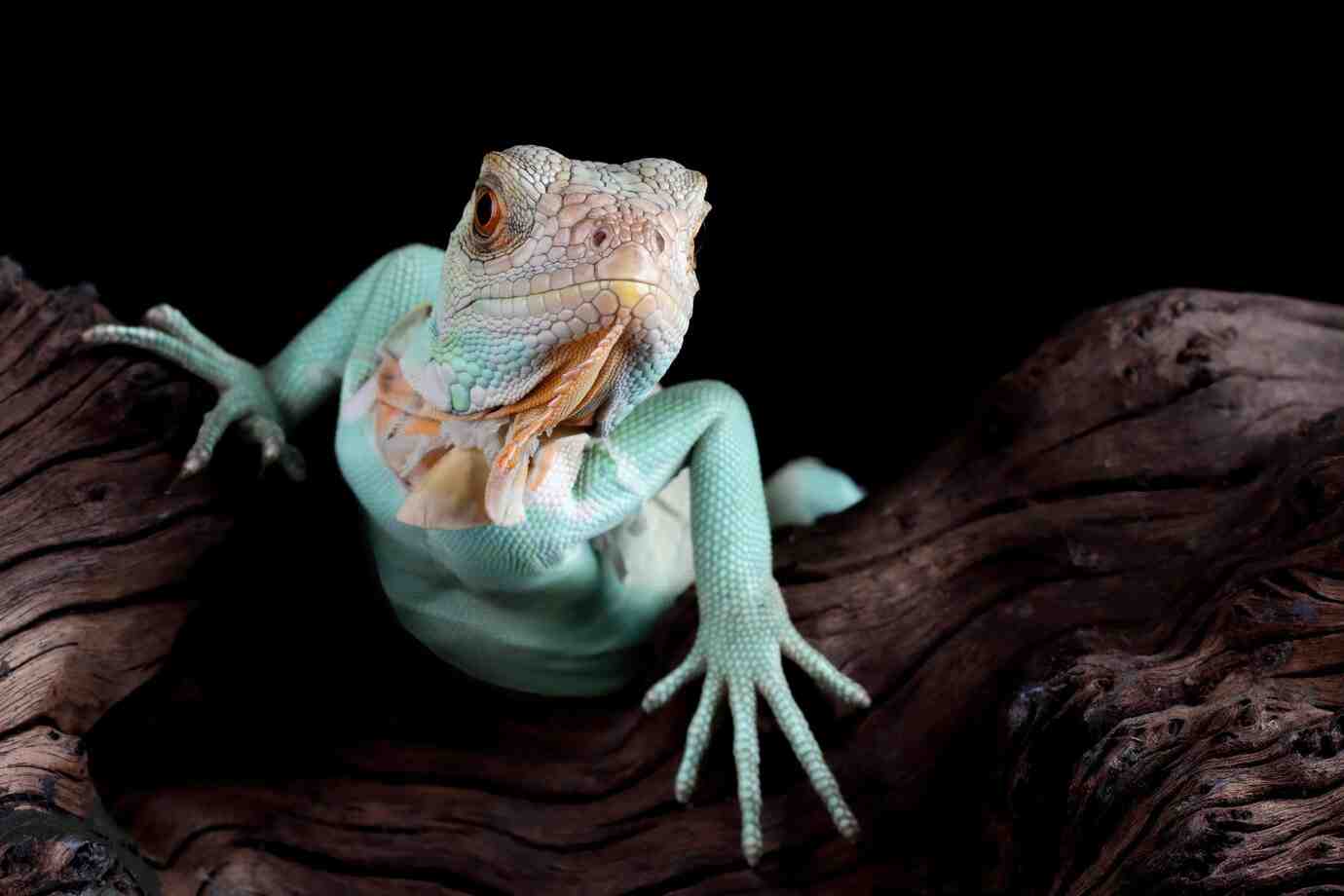
The Importance of Captive-Bred Reptiles
Bringing home a new reptile is exciting. Whether you’re eyeing a leopard gecko, ball python, or exotic chameleon, choosing the right animal is the first — and most important — step. But before you make that decision, there’s something critical to consider: Was the reptile bred in captivity, or taken from the wild?
More than ever, reptile lovers and hobbyists are learning the value of captive bred reptiles. It’s not just about ease of care — it’s about ethics, conservation, and long-term success. In this guide, you’ll learn why buying captive reptiles is better for animals, keepers, and the environment. You’ll also see how reptile breeding ethics can shape the future of herpetoculture.
What Are Captive-Bred Reptiles?
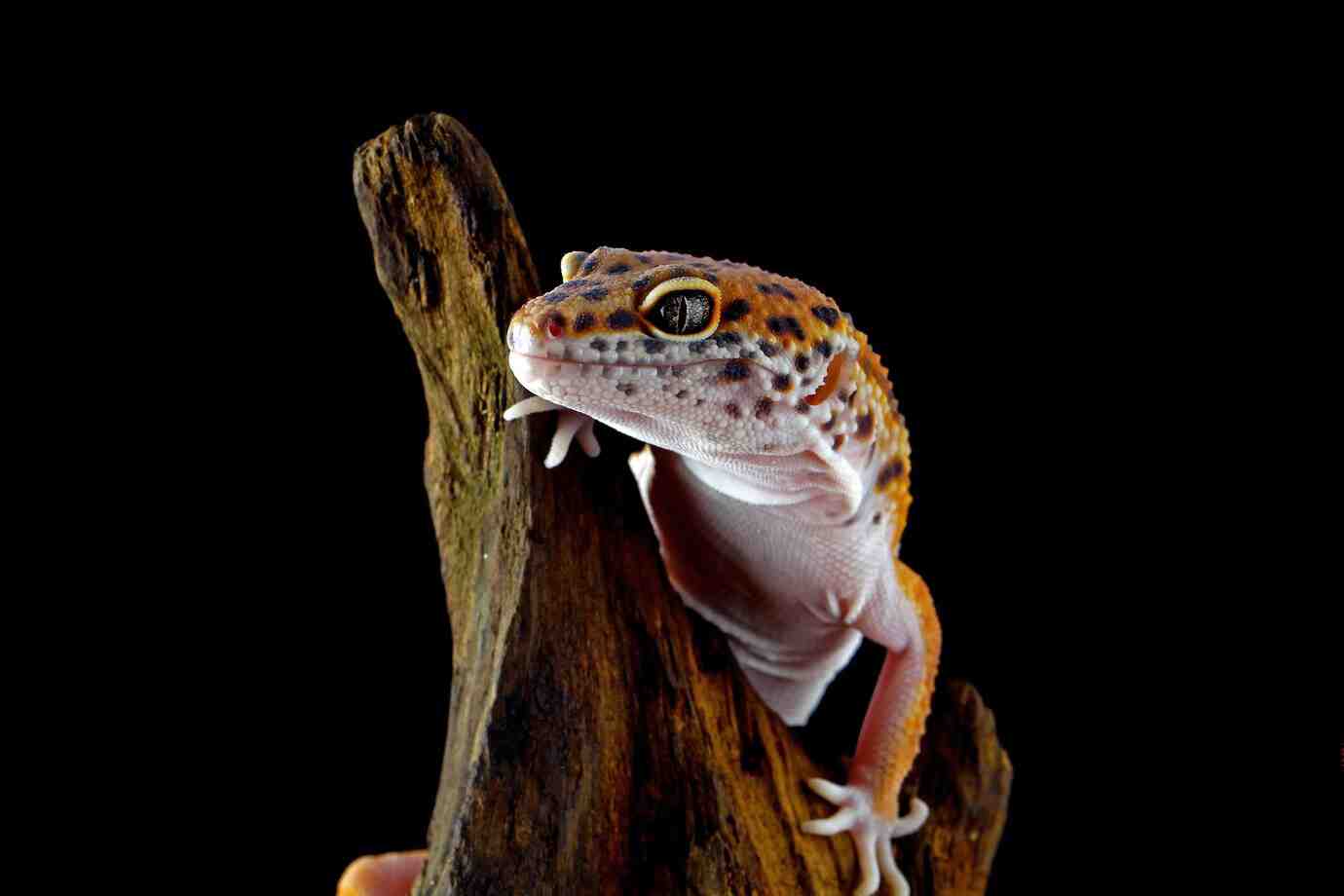
Captive-bred reptiles are animals born and raised in human care. Unlike wild-caught reptiles, they’ve never lived in the wild and usually come from breeders who specialise in the species.
Captive-bred reptiles:
- Are less stressed
- Are often healthier
- Adapt better to enclosure life
- Have known origins and genetics
- Don’t contribute to wildlife decline
In short, they’re the best choice for both beginner and experienced reptile keepers.
Why Wild-Caught Isn’t the Right Choice
In the past, it was common to collect reptiles from the wild for the pet trade. But today, this practice causes real harm.
Problems with Wild-Caught Reptiles:
- High stress levels – Wild reptiles don’t adjust easily to captivity
- Parasites and disease – They may carry illnesses that can spread to other animals
- Unknown age or history – This makes care and breeding harder
- Long transport times – Many die before reaching the buyer
- Environmental damage – Removing reptiles hurts natural populations
Buying wild-caught reptiles, even without knowing, supports an industry that often operates without regard for the animals or ecosystems.
The Benefits of Buying Captive Reptiles
Choosing captive bred reptiles helps reduce demand for wild-caught animals — and gives you a better experience as a keeper.
Here’s why captive-bred is better:
1. Health and Safety
Captive reptiles are usually parasite-free and come from clean, controlled environments. They’re fed well from birth and are used to being handled.
2. Stress-Free Adaptation
These reptiles are born into tanks, heat lamps, and artificial habitats. They know what to expect and don’t suffer the same level of fear or shock as exotic reptiles.
3. Better Behaviour
Captive animals tend to be calmer, easier to handle, and more predictable in their habits — ideal for new keepers or families.
4. Conservation Support
When you buy from ethical breeders, you’re not taking from nature. You’re helping protect species in the wild by reducing illegal or harmful collection.
Understanding Reptile Breeding Ethics
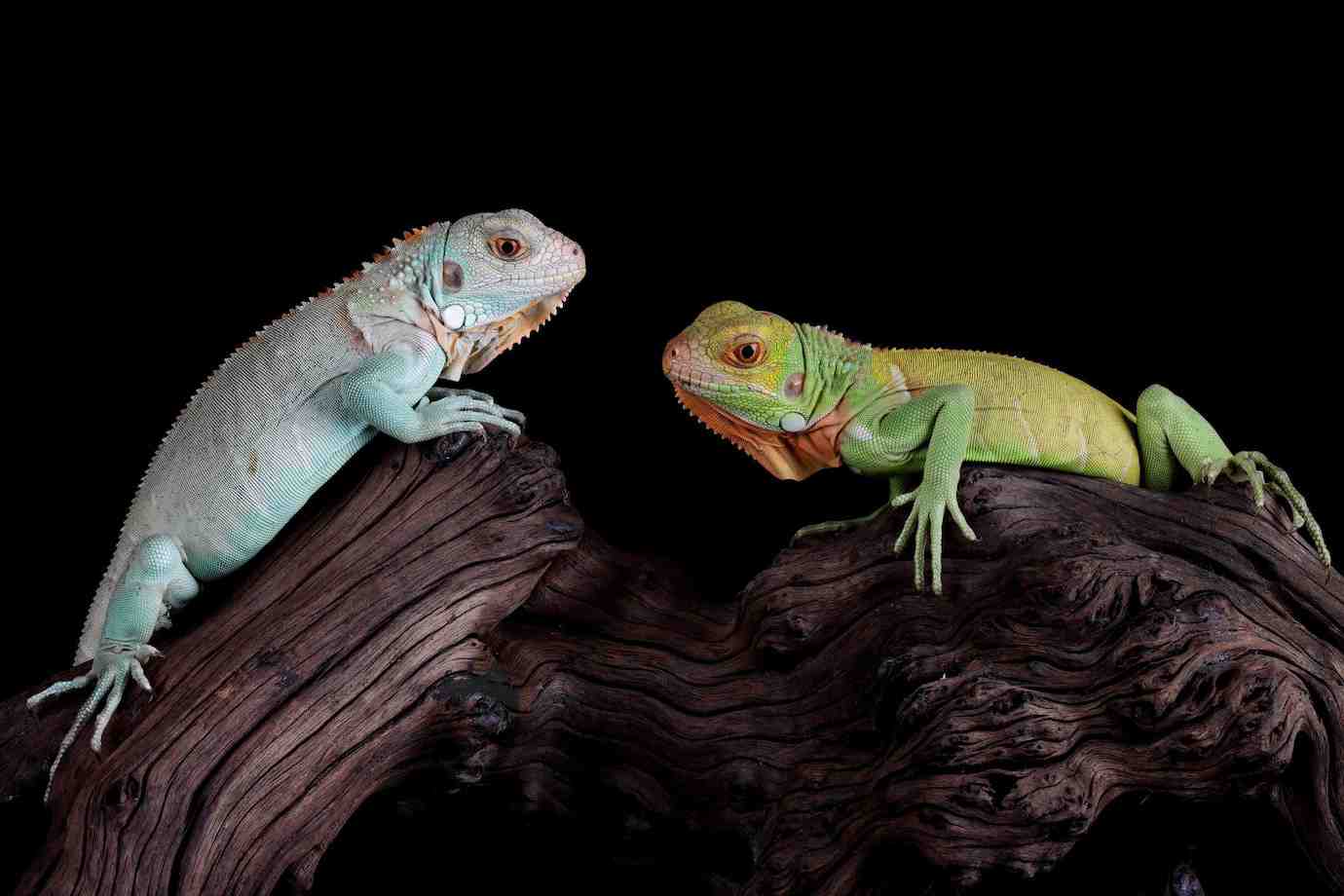
Reptile breeding ethics go beyond just having baby animals. Responsible breeders put animal welfare first.
Ethical Breeders:
- Focus on health over quantity
- Avoid inbreeding and track lineage
- Provide proper housing and enrichment
- Educate buyers before selling
- Don’t breed animals with deformities just because they look unique
- Offer support after the sale
They care about where the reptiles go and whether the new keeper is prepared.
Red Flags in Unethical Breeding:
- Overcrowded or dirty enclosures
- Unwilling to share care information
- Selling rare species with no documentation
- Selling sick or undersized animals
- Breeding for extreme traits (like flat faces or overly small sizes) at the cost of health
If a deal seems too good to be true, or the seller can’t answer basic questions — walk away.
How to Find and Choose a Responsible Breeder
The reptile community is filled with passionate, ethical breeders — but it’s still your job to do some research.
Checklist for Choosing a Breeder:
- Shows you the parents or setup
- Asks about your experience and setup
- Offers feeding and care advice
- Provides health records or hatch dates
- Answers your questions honestly
- Has good reviews or word-of-mouth referrals
You can also ask breeders what steps they take to support captive reptile breeding and discourage wild collection.
Captive Breeding and Conservation
Some people think captive breeding is just about making pets. But in many cases, it supports real conservation work.
Examples:
- Turtle Survival Alliance breeds rare turtles for re-release
- AZA Zoos maintain breeding programs for endangered reptiles
- Private keepers work with conservationists to keep rare bloodlines alive
Captive breeding can prevent extinction — especially for species under threat in the wild. But it only works when done with care and purpose.
Common Myths About Captive-Bred Reptiles
Let’s bust a few myths that still circulate in the reptile world.
“Captive-bred reptiles are weaker.”
Not true. They’re often hardier because they’re raised in stable conditions and monitored from birth.
“Wild reptiles are more ‘natural’.”
That may be true, but wild-caught reptiles are more likely to die in captivity, carry diseases, or stop eating. Natural doesn’t always mean better in a pet setting.
“Captive-bred reptiles aren’t good for breeding.”
Actually, they’re ideal. You know their age, genetics, and history — which makes responsible breeding easier.
What You Can Do to Support Captive Breeding
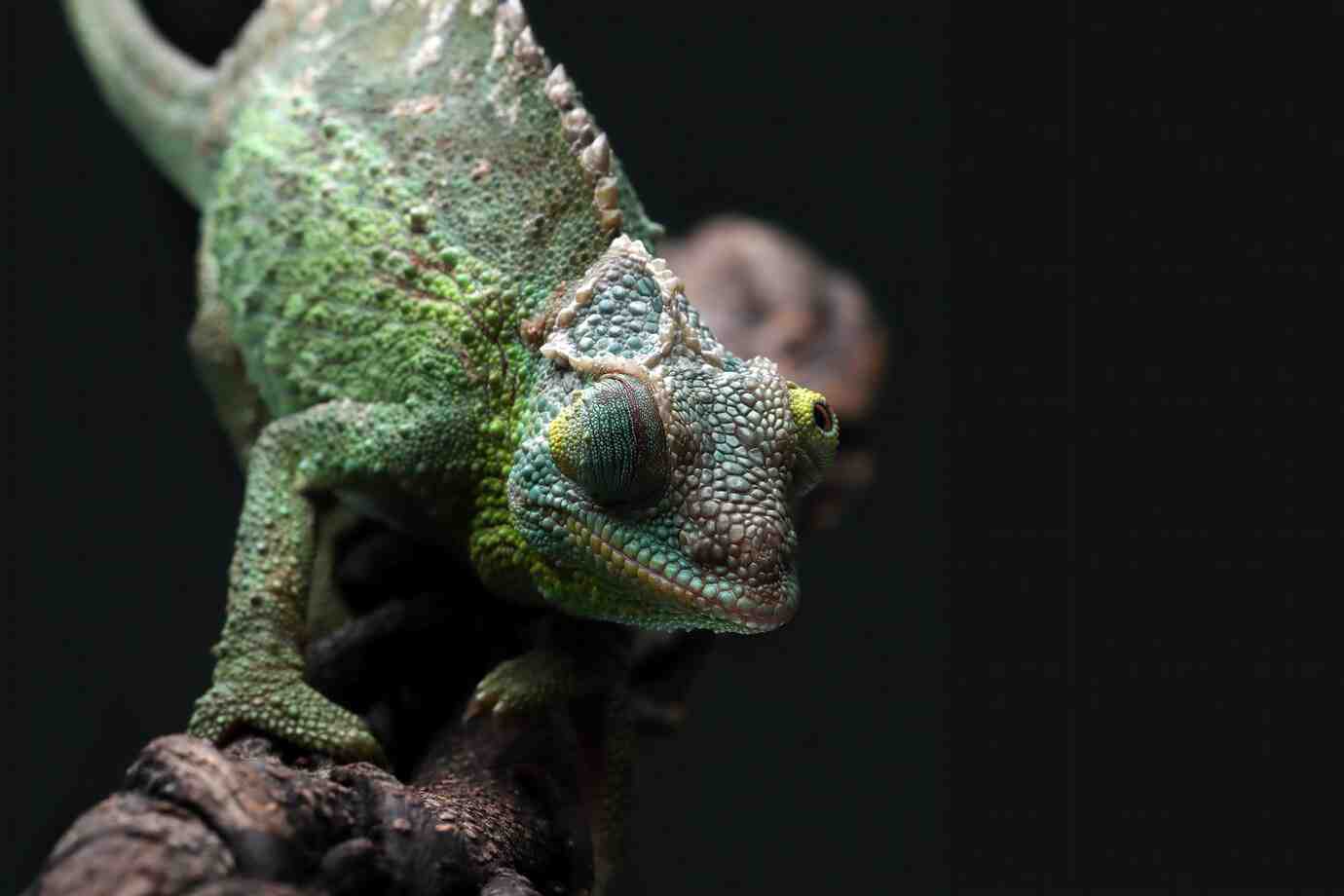
You don’t have to be a breeder to make a difference.
1. Choose Captive-Bred
Ask where the reptile came from. If the seller doesn’t know or says “imported,” it’s likely wild-caught.
2. Share the Message
Help others understand the value of buying captive reptiles. Post about it, talk about it, and educate gently.
3. Support Ethical Sellers
Buy your supplies from breeders or companies that promote captive breeding and good husbandry.
4. Avoid Pet Stores That Sell Wild-Caught Animals
If you see signs that a store is selling imported or wild reptiles, ask questions — or take your business elsewhere.
Ethics Make a Better Experience
Choosing captive-bred reptiles isn’t just good for animals — it’s good for you. You get a healthier pet, better behaviour, and a clearer conscience. You also help shift the pet industry toward better practices and away from harm.
Buying captive reptiles is one of the most powerful choices you can make as a keeper. It promotes ethical reptile breeding, conserves wild populations, and ensures reptiles have a good life, both at home and in the wild.
